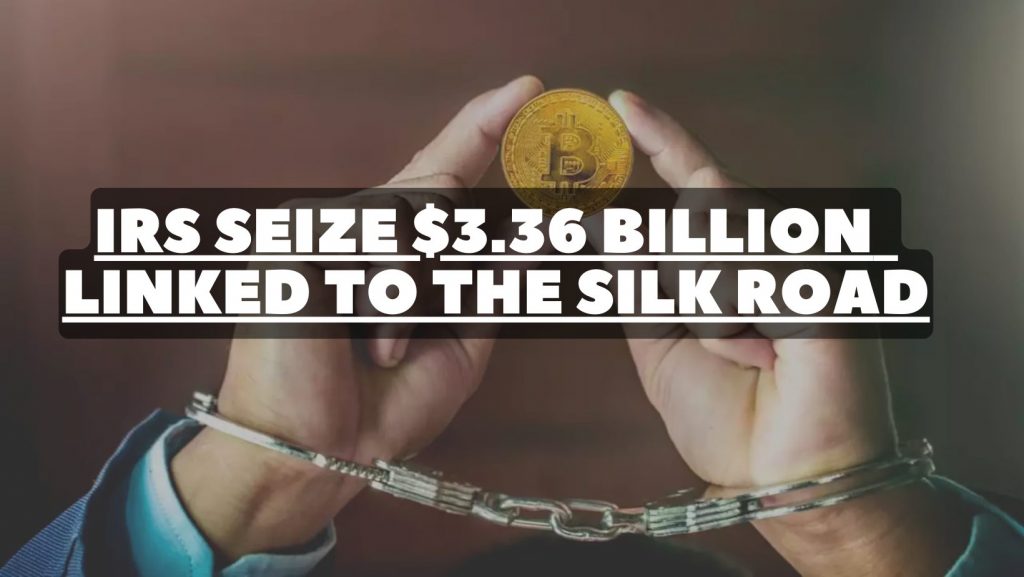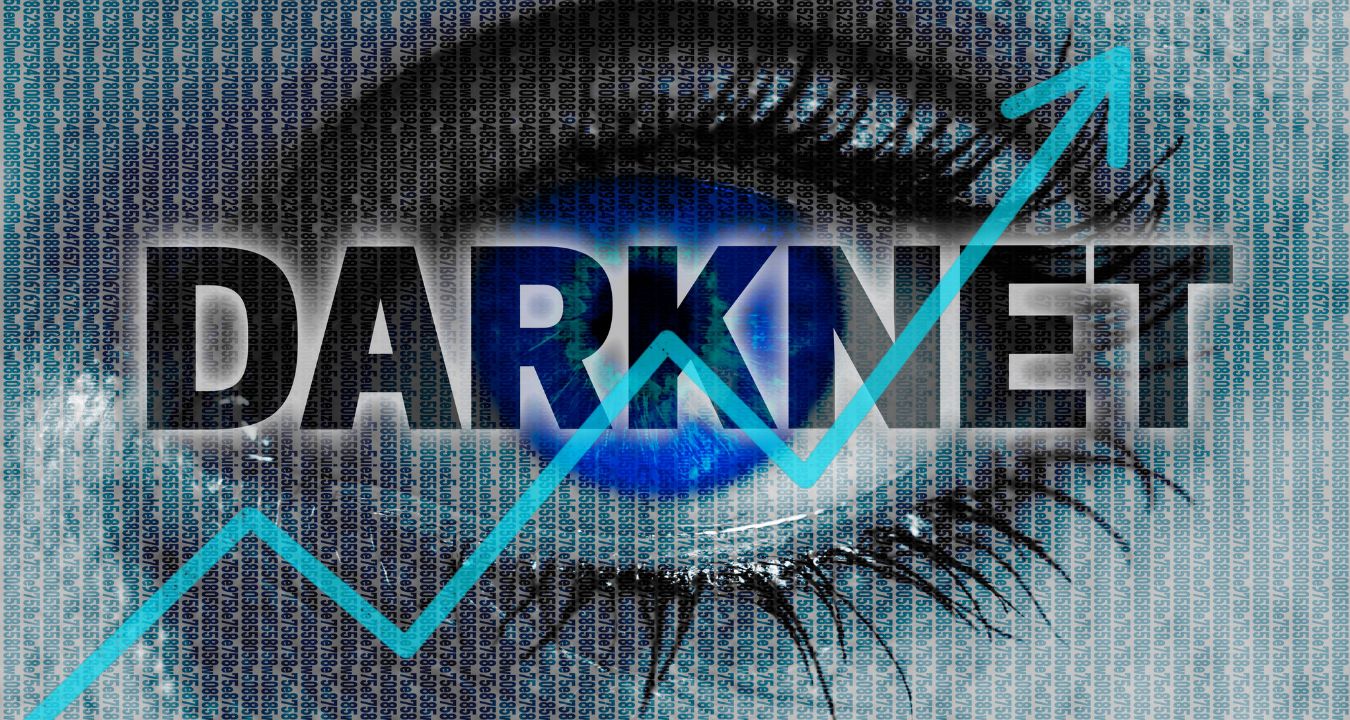The most recent statistics reveal that more people than ever before are turning to anonymity software such as Tor to access the darknet, with the number of South Korean users more than doubling this year.
Data from the Korea Internet & Security Agency shows that South Korea witnessed a rapid increase in the use of Tor, with the daily average number of users in the first seven months of 2024 reaching 43,757 compared to 18,801 during the same period last year. This comes as South Korea is aggressively combating darknet market activities amid growing concerns over deepfake sex crimes targeting teenagers and young women. The government of South Korea and the majority ruling People Power Party have vowed to tighten legislation with greater punishments for the creation and distribution of deepfake content.
While the darknet has been associated with illegal activities, it is also used as a platform by legitimate users, including journalists and activists, for privacy and surveillance protection. However, the anonymity offered by the darknet also provides a haven for illegal activities such as drug trafficking, child exploitation, and the sale of stolen data. Worldwide, Tor had an estimated 2.5 million daily users in 2023, and this number is steadily rising.
Global DarkNet Usage Rises
Countries such as Germany, the United States, Finland, India, and Russia rank among the top in Tor usage, reflecting diverse reasons for accessing the darknet across different regions. While many users seek privacy or freedom from censorship, a significant portion of users access the darknet markets for illegal activities, which has become a major concern for law enforcement. For the first time in 2023, Germany surpassed the U.S. in daily Tor users. This shift marks a significant change, as the U.S. had previously been the top user of Tor. The increase in Germany is attributed to greater awareness of privacy and government surveillance, along with a rise in criminal activities on the darknet markets.
However, the sharp increase in Tor usage in South Korea is particularly concerning. In 2024, South Korea saw 200,000 new Tor users, with criminal activities like drug trafficking, human trafficking, and digital sex crimes contributing to the surge. The use of encrypted platforms like Telegram complicates matters for authorities. Telegram, known for its strong encryption and anonymity, has become a hotspot for illegal activities in South Korea, where deepfake pornography targeting both civilians and military personnel is widely circulated in chat rooms. The South Korean government has struggled to control the spread of this harmful content, as Telegram’s servers are based overseas, making it difficult to regulate. This has led to calls for stronger international cooperation to address the transnational nature of darknet mar.
The darknet presents challenges similar to those faced in other countries. In the U.S., darknet usage is closely tied to cybercrimes, with many people accessing it for activities such as buying and selling stolen credit card information, committing identity theft, launching ransomware attacks, and trafficking illegal drugs. Data from the 2023 Darknet Price Index revealed that personal information is traded quickly and cheaply on the Darkweb. For example, a credit card with a $5,000 balance can be purchased for just $110. Ransomware attacks have also been on the rise, with cybercriminals selling ransomware tools on the darkweb, often used in attacks against corporations and government institutions, causing millions of dollars in damage.
Cryptocurrency, especially Bitcoin, remains the preferred currency for transactions on the darknet, further complicating law enforcement efforts. Cryptocurrencies allow users to transfer funds anonymously, making it nearly impossible for authorities to trace payments linked to illegal activities. While Bitcoin remains the dominant currency on darknet platforms due to its wide acceptance, other cryptocurrencies like Monero, which offers even greater privacy protections, are gaining popularity. This increasing use of cryptocurrency adds another layer of complexity to criminal investigations, as it allows cybercriminals to operate with near impunity, moving large sums of money undetected.
The global and borderless nature of the darknet exacerbates these challenges. Most countries lack the legal frameworks or international agreements necessary to effectively combat cross-border crimes. Law enforcement agencies are often at a disadvantage when dealing with darknet crimes that span multiple countries, requiring international collaboration to fight them. However, progress has been slow due to issues like jurisdictional differences, legal system variations, and enforcement capabilities. For instance, even when darknet marketplaces are shut down for selling drugs, weapons, and other illegal services, similar platforms often reemerge under different names or relocate to countries with weaker internet regulations.
Germany has responded to the darknet crime surge with stronger cybersecurity measures and law enforcement efforts. Like South Korea and the U.S., German authorities have seen a rise in cybercrime, including drug trafficking and counterfeit goods on the darkweb. The high level of Tor usage in Germany reflects a larger trend across Europe, where darknet access is growing for both legal and illegal activities (Here’s a guide on how to access the darknet). Other European nations, including Finland and Russia, also rank high in Tor usage and face their own issues with darknet content and cybercrime. Russia, in particular, is home to some of the largest darknet marketplaces, where drugs, firearms, and hacking services are openly traded.
In India, the rise in darknet usage points to different challenges. As more of the population comes online, more users are venturing onto the darknet, either out of curiosity or for criminal purposes. Cybercrime in India has been increasing, particularly in areas like stolen identities, financial fraud, and data breaches. The country is beginning to scale up efforts to combat darknet crime, but like many others, it struggles with the anonymous, borderless nature of the darknet.
Darknet Crime Trends

Naturally, it’s not all bad on the Darknet, and it has its viable and valuable use cases. From avoiding government suppression to passing restrictions to keeping your life as private as you’d like it to be. But that’s not how any government sees it.
Illegal activity on the darknet is rapidly increasing. Around 57% of darknet content is illegal, with marketplaces facilitating the sale of hacked accounts, drugs, and other illicit goods. While high-profile darknet sites like Hydra and AlphaBay have been shut down, new platforms like InTheBox and Genesis Market gained popularity in 2023, offering users access to a wide range of illegal services. The darknet is also a hub for cybercriminal gangs and Advanced Persistent Threat (APT) groups, many of whom coordinate large-scale ransomware and malware attacks.
One of the most significant trends in recent years is the rise of ransomware attacks, with cybercrime forums serving as coordination centres for extortion attempts. In 2023, ransomware-related crimes increased by $176 million, while Distributed Denial of Service (DDoS) attacks have also become a booming market. For example, blackhat hackers can buy malware and DDoS services, such as 1,000 installs, for as little as $1,800.
Legislative and Law Enforcement Challenges
Governments around the world are intensifying efforts to combat darknet activities, but the anonymous nature of the darknet makes tracking criminals difficult. In South Korea, the government is seeking to establish a “hotline” with Telegram to prevent the spread of deepfake pornography. The U.S., Germany, and the UK have set up task forces to dismantle darknet marketplaces, but encryption and decentralized platforms make it challenging to take down these networks.
Despite these challenges, there have been successes. In 2023, several international operations led to arrests and the shutdown of major darkweb sites, highlighting the importance of global cooperation. However, experts warn that darknet crime is evolving rapidly, requiring more advanced cybersecurity measures and updated legal frameworks. International collaboration is essential, as the global nature of the darknet allows criminals to exploit legal gaps between countries.
Law enforcement must continue to innovate by adopting new technology and fostering international cooperation to curb darkweb crime. Without these efforts, bringing darknet criminals to justice will remain a significant challenge.
As Tor Browser usage grows globally, so do the risks associated with its anonymity. Countries like South Korea have responded with stronger laws and international cooperation to address the rise in digital crime. The darknet is here to stay, and governments and cybersecurity experts must evolve their strategies to fight the increasing threat. Whether through legislative changes, technological advancements, or greater international collaboration, the fight against darknet crime is far from over.

